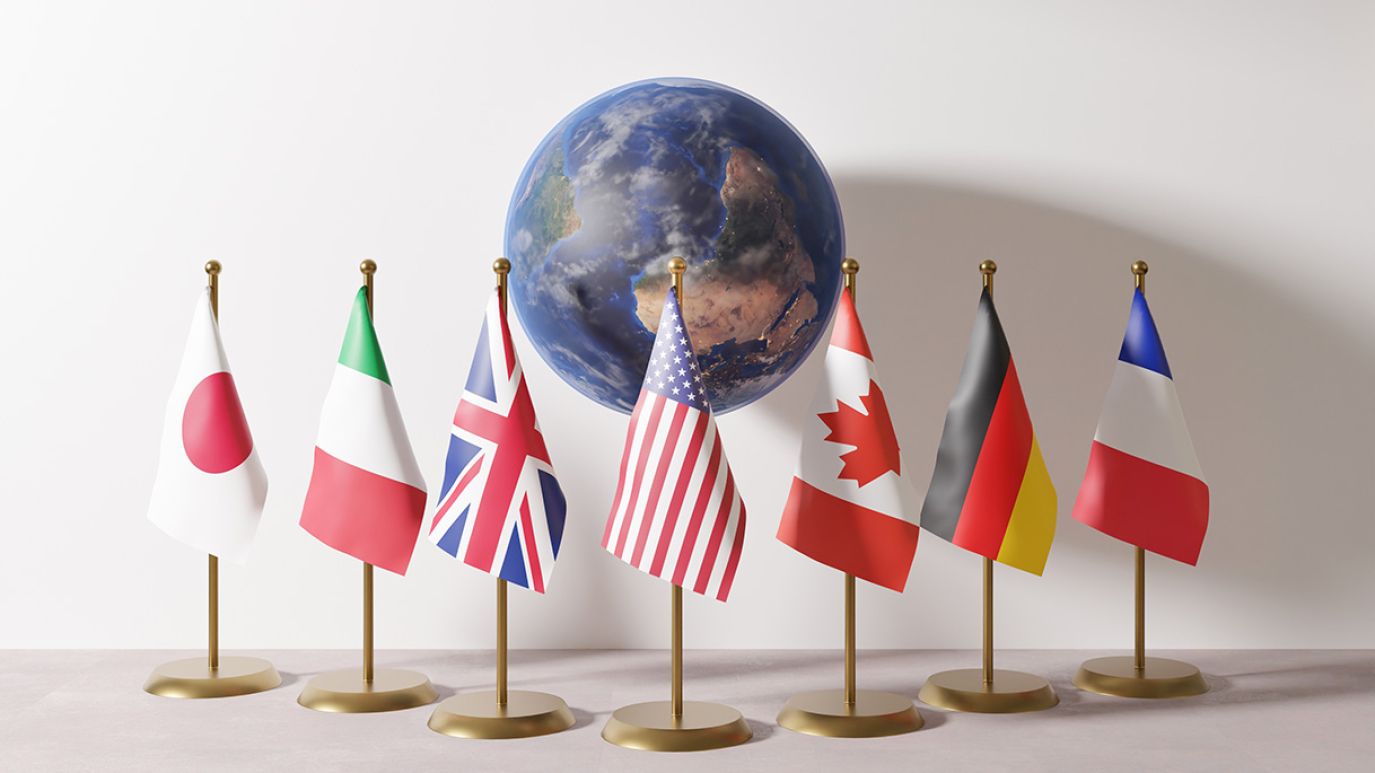G7 Leaders discuss China at recent summit

During the recent G7 leaders’ summit in Japan, President Biden commented on US-China relations during a press conference which were picked up by international media: Biden sees shift in ties with China shortly.
The G7 nations—Canada, France, Germany, Italy, Japan, USA, UK—have “agreed a united approach to China that called for diversifying supply chains to reduce dependence on one country” with Biden saying that "we're not looking to decouple from China. We're looking to de-risk and diversify our relationship” with G7 nations united in "resisting economic coercion together and countering harmful practices that hurt our workers”.
The Chinese embassy urged the G7 “to stop creating confrontation and division” with Biden responding that he “expects a thaw in frosty relations with China very shortly”.
The G7 also discussed the Taiwan issue with Biden reiterating that “there was a clear understanding among most of the allies that if China were to act unilaterally against the self-governed island Taiwan, there would be a response”. We discussed the Taiwan issue in this earlier blog, China, Taiwan and the US – Pamir’s analysts assess Taiwan Strait tensions.
Prior to the G7 conference, The Economist ran a piece titled “Is Chinese power about to peak?” in which it was noted that “today China accounts for almost a fifth of global output” and that “the sheer size of its market and manufacturing base has reshaped the global economy”.
The Economist warns that “China’s rapid rise is slowing down” due to an ageing population and the diversion of resources to care for the elderly. However, the article notes most forecasts about China’s future economic growth are “uncertain. But the most plausible ones seem to agree that China and America will approach economic parity in the next decade or so—and remain locked in this position for decades to come”.
That said, Pamir’s clients will continue making positive decisions to invest in China because they need to - and because the rewards are great. But US and foreign companies operating in China need to be proactive in managing any risk, ensure that they work constructively with the relevant authorities – and stay on top of geopolitical trends including, of course, the US Government’s policies and actions toward China and Taiwan, as President Biden recently expressed.
Pamir’s team of experts help our clients navigate through the challenges of doing business with and in China and safeguard their past, current and future investments. We enable our clients to conduct their business in China safely and securely protecting them against IP threats, regulatory changes – and more.
About Pamir
Pamir’s team of experts constantly tracks critical developments and trends in China, Taiwan and across Asia, so we can provide our clients with deep insight on geopolitical impact, risk landscape, and competitive strategies that helps protect their past and current investments – and plan for the future.
Among our other exclusive services, we produce regular Executive Briefings for our clients which analyze the latest issues and recommend the actions they need to take.
Get In Touch – Pamir, your strategic partner to protect your global investments
If you are considering China, or any other country in Asia, as a location for a new plant, seeking new Asian suppliers and partners, or if your business is already active in the region, then you need to be proactively protecting your operations and investment.
Please Get In Touch to discuss how we can help protect your investments in China – and other parts of Asia.
China’s 5G influence in developing economies
China’s Belt and Road Initiative and its digital counterpart, the Digital Silk Road, threaten to displace US telecom and tech companies in developing economies in Africa, Latin America and the Middle East. How can US operators and network providers stand up to the challenge?